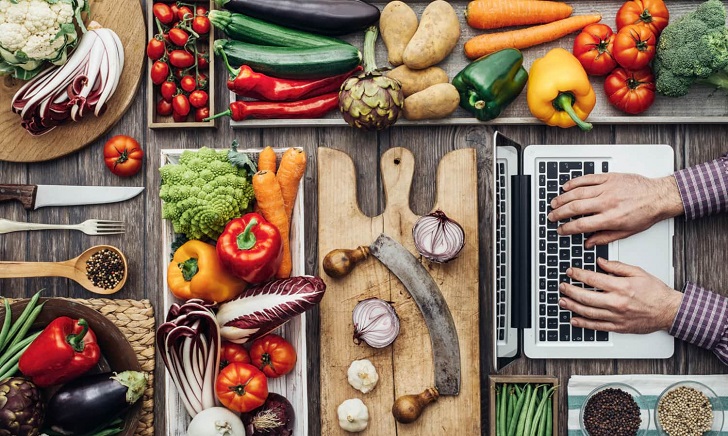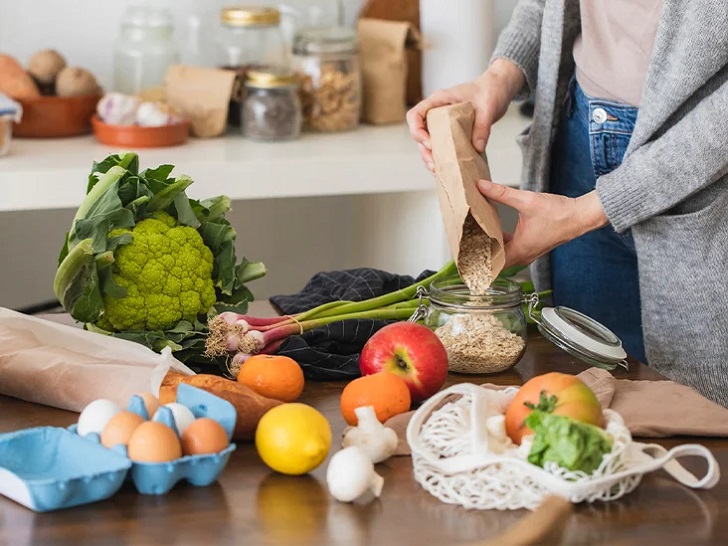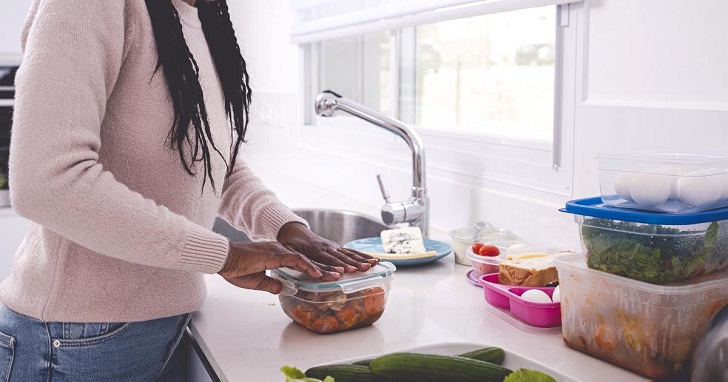Food waste is a global problem affecting the environment, our economy, and society. It is estimated that one-third of all the food produced in the world is wasted, which amounts to 1.3 billion tons of food annually. Reducing food waste is essential for sustainable development, and there are many ways in which we can tackle this problem.
One of the main causes of food waste is overproduction. Supermarkets and restaurants often order more food than they need, leading to excess food that is thrown away. To address this issue, food suppliers should work more closely with their customers to determine the amount of food needed, reducing the risk of overproduction.
This is an ethical issue and a major environmental problem, as food waste contributes significantly to greenhouse gas emissions. However, reducing food waste is easier than you might think. Here are some quick tips to help you reduce your food waste.

Douglas Donnellan/ Getty Images | More than 800 million people globally continue to suffer from hunger
Store Food Properly
Proper storage is essential to extend the shelf life of food and prevent spoilage. Some foods must be stored in the fridge, while others should be stored at room temperature. Make sure you know how to store different foods correctly and keep an eye on expiration dates.
Use up Leftovers
Leftovers are a great way to reduce food waste, but only if you eat them. To make sure your leftovers don’t go to waste, store them properly and try to incorporate them into your meals. For example, leftover vegetables can be used in soups or stir-fries, while leftover rice can be turned into a bowl of delicious fried rice.
Freeze Food
Freezing food is an excellent way to extend its shelf life and reduce waste. You can freeze almost anything, from bread to meat, and it’s a great way to preserve excess food. Just make sure you label everything clearly and use freezer bags or containers suitable for freezing.

Healthline/ Pinterest | Cutting food waste is a delicious way of saving money, helping to feed the world and protect the planet.
Donate Excess Food
If you have excess food that you know you won’t be able to use, consider donating it to a food bank or shelter. Many people struggle to put food on the table, and your excess food could make a huge difference to someone in need. Just make sure you check with your local food bank to see what they accept.
Get Creative in the Kitchen
Getting creative in the kitchen is a great way to use up food that might otherwise go to waste. For example, you can turn stale bread into croutons or breadcrumbs or use wilted vegetables in a stir-fry. The possibilities are endless, and getting creative can also help you save money on groceries.

Nrdc/ iStock | 40% of all food in the United States is wasted
Buy Imperfect Produce
Imperfect produce is often cheaper than perfect, but it’s just as nutritious and delicious. Buying imperfect produce not only helps you to save money but also helps to reduce food waste. Many grocery stores now offer imperfect produce, so watch for it the next time you shop.








